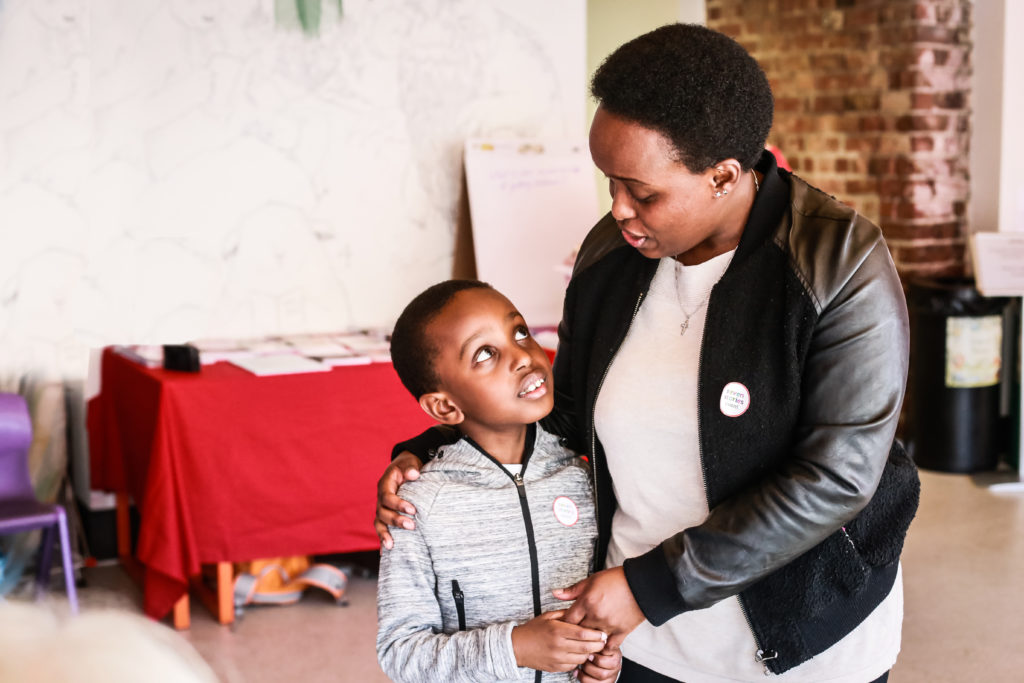Personal budgets and direct payments
5 mins read
This advice applies across the UK.
You might have different options for how you choose, manage and pay for the care you and your family need.
In this article
Options for managing support
If the local authority (in England, Scotland and Wales) or health and social care trust (in Northern Ireland) decides that you’re eligible for help, you might have different options for how you choose, manage and pay for the care you and your family need.
Options include:
- Your local authority/trust manages an account and organises and pays for the support. Either you or they choose the support.
- A third party manages an account, makes support arrangements and handles payments. The third party may be a local carer provider or local charity.
- You can request a direct payment (see below). You can then set up an account specifically to receive the payment.
- Some combination of the above; for example you pay for some services while the local authority/trust manages the rest.
In Scotland, having the choice of how you manage and pay for care services is known as self-directed support. Every council sets its own criteria for assessing if someone qualifies for self-directed support. The local authority agrees a “support package”, which includes how much they will contribute towards the help someone needs. Parents can receive self-directed support for a disabled young person up to 18 years old. Young people aged 16 or over can receive payments in their own right.
What is a personal budget?
In England, if the local authority agrees that you, your child or your family needs support, it will allocate a pot of money to meet these needs. This pot of money is called a personal budget.
The amount of money available to spend is based on how much it will cost in your local area to arrange the care and support your child needs. You can choose how you spend your personal budget from the options above.
What are direct payments?
If your local authority/trust agrees that your child, or you as a carer, needs services or practical support, you can choose to receive the payments to buy and organise these services yourself. The local authority pays this money to you in the form of direct payments.
Direct payments can be a good way to be creative and flexible when managing your child’s care. But they can involve more work for you to arrange and manage the care provided.
If you’re employing someone directly, you will need to deal with tax, National Insurance and pension issues for them. You should also arrange insurance and a criminal record check.
How can I use a direct payment?
Some of the ways you can use direct payments are:
- Getting help with your child’s personal care, for example bathing, dressing or eating, or help looking after them overnight.
- A sitter service to look after your child when you are out.
- Help for your child to access or use leisure facilities.
- Help with household tasks to free up your time to look after your child.
- A place at a day nursery or after-school care.
- Someone to accompany your child on holiday.
Some reasons for using direct payments
Direct payments should give you more control over meeting your child’s needs. There are several reasons you might choose to receive direct payments instead of having the local authority/trust organise services:
- The services you currently receive don’t meet the needs of your family, or if your feel you have little say over how these services are provided.
- You live in a remote and rural area where no suitable services exist – employing a personal assistant (PA) may be the only realistic method of support. Note that employing a PA means you will have the responsibilities of an employer. Most local authorities will have services to support families who choose to use their payment in this way.
- Your child has cultural or language needs that your current service providers cannot meet.
- Your child has been assessed as needing services, but you have been waiting a long time for help to become available.
It is important to be aware that local councils can refuse to give personal budgets or direct payments if they consider them an inefficient or impractical use of resources.
Integrating education, social care and health budgets (England only)
In England, your personal budget may come from your local social services team, local education department or in some cases from your NHS clinical commissioning group (CCG).
An Education, Health and Care (EHC) plan includes the personal budget for education. It will only include funds to buy more specialist or individual support than the school or college must provide.
Social services must offer personal budgets to disabled people aged 18 or over who they assess as needing social care. Although they do not have to offer a personal budget to a disabled child under the age of 18, an increasing number of councils do offer them.
Anyone receiving NHS continuing healthcare, including a child, has the right to have a personal health budget. This sets out the funding available to meet the healthcare needs that health professionals have agreed to in a care and support plan.
A care and support plan helps people to identify their health and wellbeing goals, and then sets out how the funding in their personal budget will achieve these goals.
Social service departments, education authorities and CCGs are being encouraged to work together. The aim is to establish arrangements allowing for single personal budgets that cover someone’s social care, education and healthcare needs. How this personal budget is used is then set out in an EHC plan.
Related information
Factsheet: Personal Budgets in England
Download now
Needs assessments
An overview of the process social services used to decide how much support you and your child need and how to get…
Read more
Carer’s assessments: your needs as a carer
Advice on asking for a carer's assessment, what the assessment looks like and what happens after the assessment.
Read more